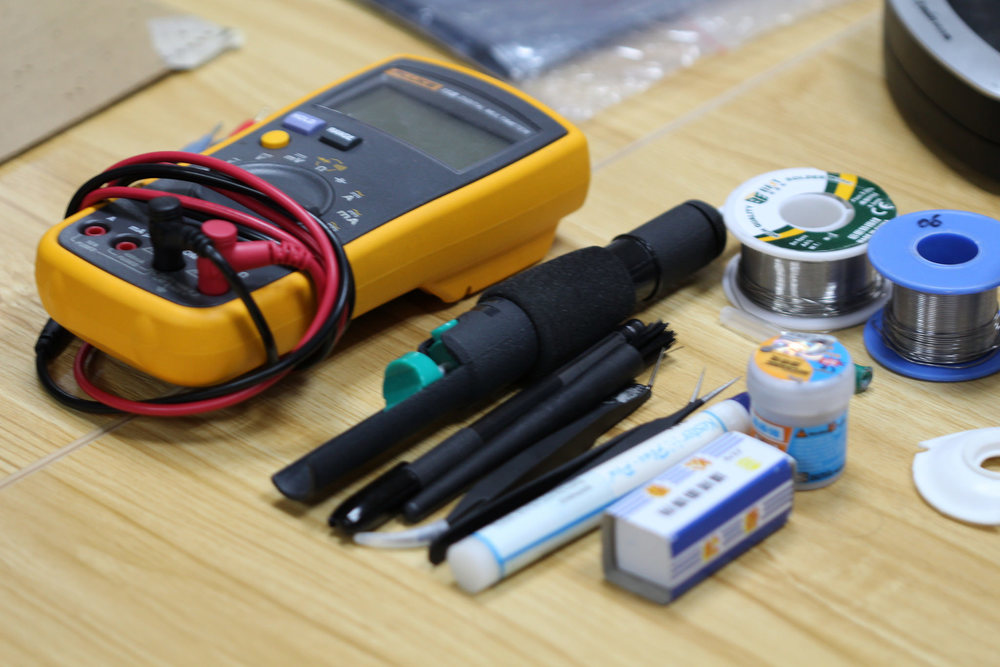If you are going to earn a bachelors or masters degree in electrical engineering, you will have more than just tuition fees to pay. This is an area of study that requires students to have a lot of tools. Textbooks will be your first line of defense, but then you will also need supplies to help you perform hands-on lessons as well. Having a good collection of tools will allow you to tinker around with circuit boards and fix broken electrical components in a safe manner. Whether you have just enrolled at NJIT Online or are close to graduating from another school, the supplies that you use as a student can also help you to get a jumpstart in the professional field.
Contents
Start with Apps
A lot of the tools that you will keep in your kit will enable you to do incredible things with your hands, but you can’t forget about the apps that will aid you in working with your mind. There’s the Electrical Dictionary app, which is a great reference tool for figuring out terminology that you might need a refresher on or more information about. There are also applications that can convert voltage for you, and even apps that will keep you up to date on news in the industry. All of these tools can be kept conveniently on your phone, so you will never leave home without them.
Standard Electrical Engineering Tools
A digital multimeter tester is a must-have tool for all electrical engineering students, and you can get a discount on one just by being a student. Pliers, wire strippers, tweezers, solder wick, tape, and even dental picks are many of the varied tools that you will be making a lot of use of during your student years at the New Jersey Institute of Technology. Most of these supplies can be purchased online using discount codes to get them for even cheaper. Or, you can visit hardware stores, and in most cases, you will get a discount just for flashing your student I.D. card.
See What You Already Have
There are some supplies that you already have; you just don’t know it yet. Collect every broken, old, or unwanted electronic item you have in your possession. There’s a treasure trove of circuit boards, wires, and adapters waiting inside each and every one of them. Next, check your junk drawer and see what kinds of tape, screwdrivers, and pliers you have in there. Inside old manicure and pedicure kits, there are likely to be tweezers and other useful handheld tools. All of these supplies are completely free and accessible to electrical engineering students.
Keep your smartphone up to date and loaded up with applications that can make measuring electrical currents and making conversions faster and safer. Make your own trusty toolkit with implements that you can use in the field as well as the classroom. Look for any supplies that you already have in your possession that can also double as electrical engineering tools and you will spend the least amount possible.

